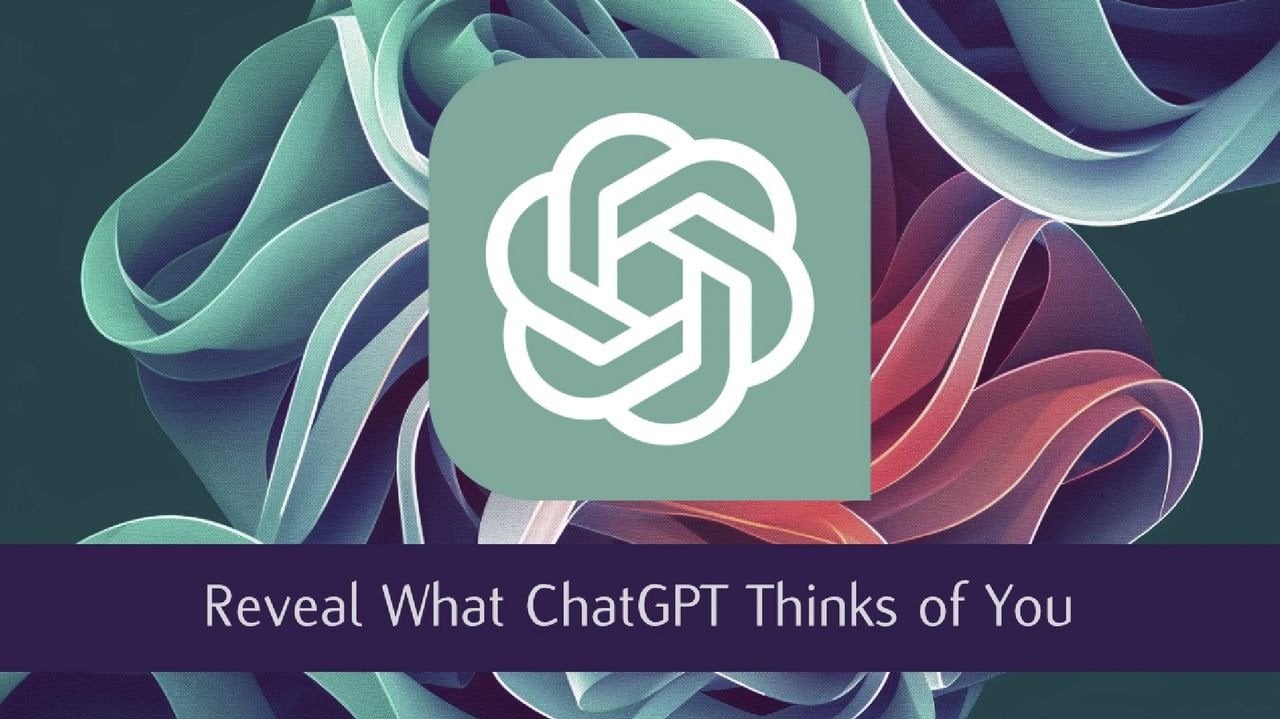Advanced AI tools like ChatGPT analyze user interactions to build detailed profiles, identifying aspects such as personality traits, preferences, and beliefs. While these insights can be insightful, they are based on probabilistic reasoning, which may lead to inaccuracies. Users have the ability to employ customizable prompts to gain insights into specific areas of their lives, yet the quality of these insights heavily depends on how well prompts are crafted.
ChatGPT also collects metadata, including device information and interaction history, which raises privacy concerns regarding data storage and transfer. Ethical issues surrounding data ownership, user consent, and potential biases in training data are critical considerations for responsible AI use.
Despite its advanced capabilities, users should critically evaluate ChatGPT’s outputs, viewing them as approximations rather than definitive truths. As AI technology evolves, the need for robust ethical guidelines in its deployment becomes more crucial to balance innovation with accountability.
Source link
